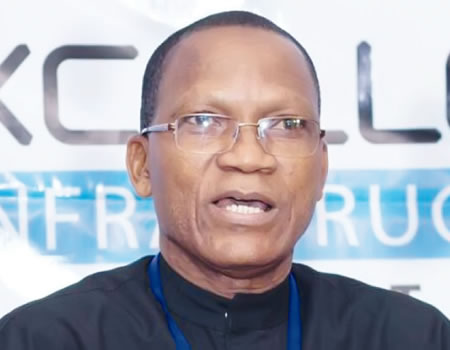Limits of governmental power in world systems
Anywhere, everywhere in the world, the essence of the Sovereign or Sub-sovereign (Government) is to:
1). Serve as harmonizer and regulator of various interests in society so as to prevent the ‘war of all against all’ (anarchy);
2). Promote the socio-economic well-being of the people, through economic and political transformation programmes and projects. (Economic Transformation means substantial and sustainable inclusive growth).
It is for the above purposes that individuals and groups in society transfer their powers to the Government to exercise on their behalf.
READ ALSO: Tinubu’s tax reform will leave North in financial jeopardy, says Zulum
This is the essence of the ‘Social Contract.’ (Ref. David Humes, John Locke, Jean Jacque Rousseau)
If, when, and where, those in Government exercise the power transferred to them, in a manner that is contrary to the agreed purposes, the social contract becomes invalid because those people would then have been acting in their personal capacity, rather than in their public capacity.
Members of the society would have no more basis to accept the authority of the erstwhile sovereign because it has automatically abandoned and lost the mandate.
Actions of people in government, contrary to the mandated purposes, make such people personally liable for their misbehavior, malfunction, and malpractice.
Individuals, groups, and communities injured physically, spiritually, socially, economically, or anyhow, should know that it is their responsibility to take the matter ‘personally’ and respond accordingly. To do otherwise would mean encouraging bullying and subjugation by those who wish to misuse public-bestowed power.
There is no immunity for any person who is doing what they are not mandated to do in government.
All citizens, groups, and communities in every country in the world should apply this philosophy as part and parcel of the framework of the Social Contract, which is the basis of modern nation states.
Those in government, occupy the position to do good, not to do evil against society. If they do evil against society, they should be personally answerable – without delay. Any time they are doing the wrong thing, they are not in power but in misadventure. Their legitimacy is not and cannot be unconditional. It is contingent on adherence to public purpose.
Otherwise, the tendency would be for governments to progressively evolve to state-capture gangs and tyrannies. Many examples of this reverse civilization abound at different levels and organs of government in African countries.
- Dr. Abraham Ekwùtoʻnyeukwunoʻnù Nwankwo, public debt management expert, was Director General of the Debt Management Office (DMO) for ten years, making him one of Nigeria’s longest serving public servants




